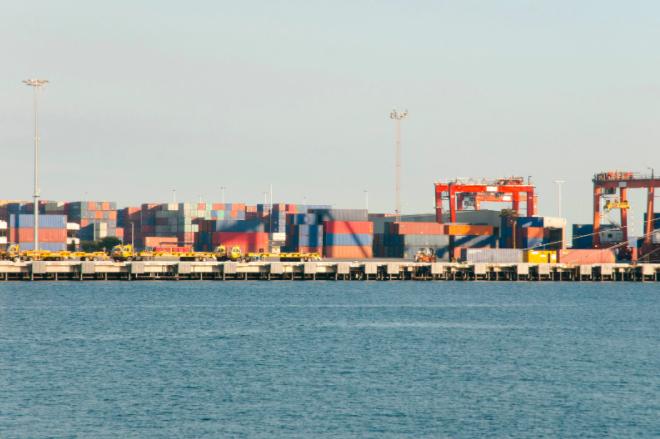Australian exporters face delays due to container shortages

Australian exporters are facing significant delays at international ports as a result of shipping container shortages, adding to the challenges of strict Covid-19 management protocols.
This situation is leading to an increase in prices and impacting the shelf life of fresh produce, according to ABC Rural.
Agrifresh, one of Western Australia’s biggest citrus producers, had to scale back its export program by about 40 percent in 2020 because of supply chain and logistical challenges.
The company has already started planning its shipping stem for the 2021 season, despite picking still being several months away, Agrifresh managing director Joseph Ling told ABC Rural.
“This shortage is going to be impacting us in a huge way because we can’t put our fruit into frozen containers or the general freight containers,” he was quoted as saying.
“This year we have a little bit more lead time knowing our season is coming and we are in advanced conversations to discuss our freight forwarder and shipping company to look at the demand,” he said.
Container shortages and shipping delays aren’t just affecting fresh produce, they are impacting meat exporters as well.
“Shipping around the world is happening very slowly, so we are having a lot of difficulties getting chilled product to our markets inadequate time to fill our shelf life in supermarkets,” WA Meat Marketing Cooperative chairman Craig Heggaton was quoted as saying.
Matthew Bronickis from the WA Freight and Logistics Council told ABC Rural that some of the challenges have stemmed from a build-up of empty containers in China.
“There are massive issues … containers aren’t being turned around in China, and of course supply and demand mean the price is going up,” he was quoted as saying.
He said the sea freight challenges were unlikely to be resolved until air freight resumed to normal levels.
However, according to the Global Times, industry insiders and businesses describe a domino effect across the globe given the raging epidemic in many parts of the world which has led to a shortage of containers.












































